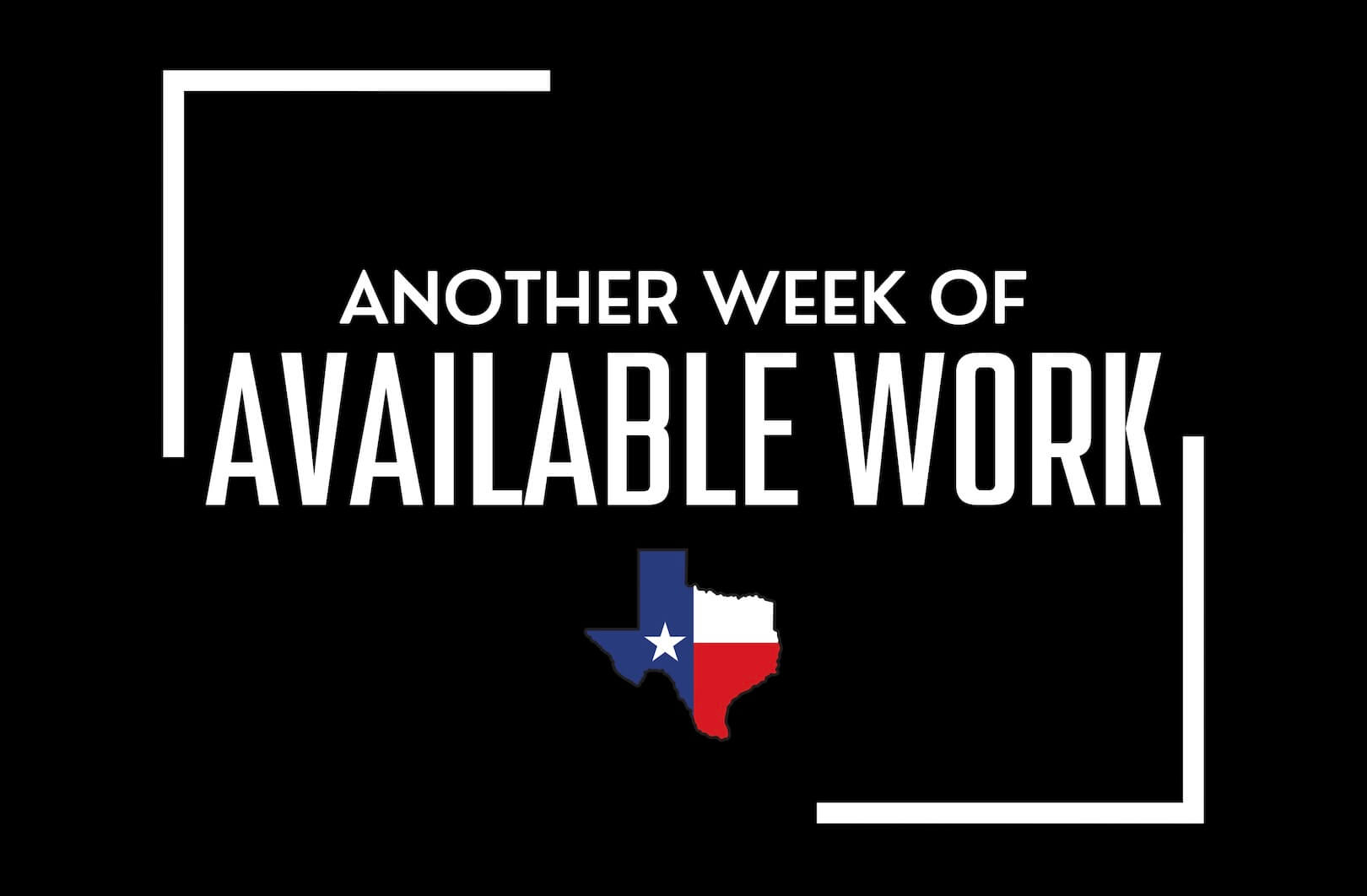Another Week of Available Work: Attracting the Industries of the Future
Dale Robertson opens the conversation by sharing how Texas is setting the stage for major industry investment—from semiconductors and AI to advanced aerospace. As the VP of Business Development for the Texas Economic Development Corporation, Dale is part of the front-line team bringing companies to Texas and showing them why the Lone Star State is the ideal place to build, scale, and hire.
His team focuses on three big value propositions:
- A large, skilled workforce. Companies want confidence they can hire locally.
- Robust infrastructure and logistical access. Texas delivers on that with highways, ports, and technology readiness.
- A business-friendly climate. Low taxes, targeted incentives, and a collaborative state government go a long way.
Dale also emphasizes that workforce readiness is a core selling point. “When we talk to companies, it’s not just about the bottom line—it’s about who they can hire,” he says. “And in Texas, we’ve made workforce development a strategic advantage.”
That’s where education and workforce partners, like TWC and local boards, come into play. From customized training to talent pipelines built in coordination with schools and colleges, the state is actively helping employers fill high-skill roles in next-gen sectors.
Keeping Workplaces Fair and Inclusive
Shifting gears, we hear from Bryan Snoddy, who leads the Civil Rights Division at TWC—a division many employers may not realize exists, but one that plays a crucial role in maintaining workplace fairness.
Bryan shares that his team investigates workplace discrimination complaints related to race, gender, age, disability, and other protected categories. Their job is to ensure that as Texas grows, it does so equitably—where every worker has a fair shot and every employer is held to clear, consistent standards.
Beyond enforcement, Bryan’s division also works proactively. They offer employer training programs to help businesses understand and implement fair workplace practices—covering everything from anti-discrimination to accommodations.
Notably, Bryan highlights how the division is beginning to use AI tools to help speed up and streamline investigations. “We’re using technology to be more efficient and responsive,” he says. “That way, we can serve both employees and employers better.”
What Employers Should Know
This episode is a reminder that Texas’s growth story isn’t just about attracting industries—it’s also about building workplaces that are fair, innovative, and future-ready. If you’re an employer, here are a few takeaways:
- If you’re hiring in high-tech fields like AI or semiconductors, Texas is actively supporting infrastructure and talent to help you scale.
- The Civil Rights Division at TWC is a resource, not just a regulator. Training programs are available to help you get ahead of compliance.
- As technology continues to shape both how we work and how we govern, agencies like TWC are modernizing how they serve businesses and workers alike.
Keep Listening
Listen to Business Brief: Texas Economic Development and Civil Rights at TWC on Another Week of Available Work to hear firsthand how Texas is attracting bold industries while staying true to its values of equity and inclusion.
Whether you’re expanding your business or ensuring compliance, these insights are valuable—and uniquely Texan.

